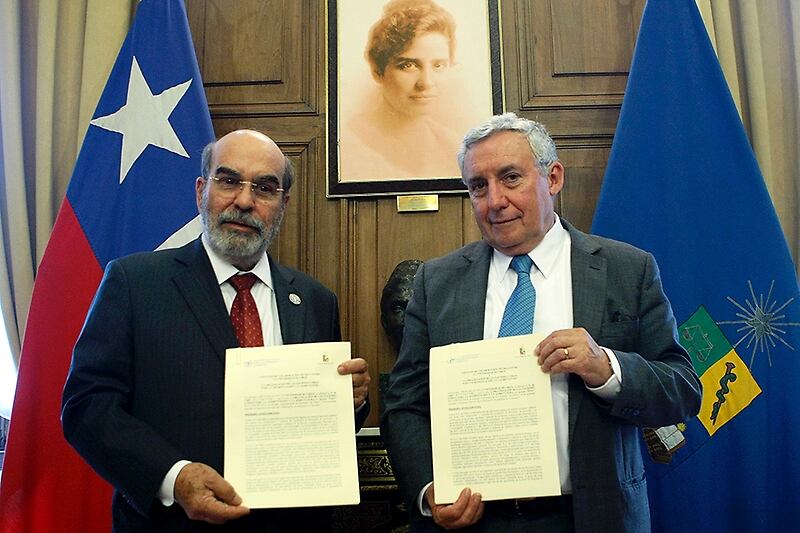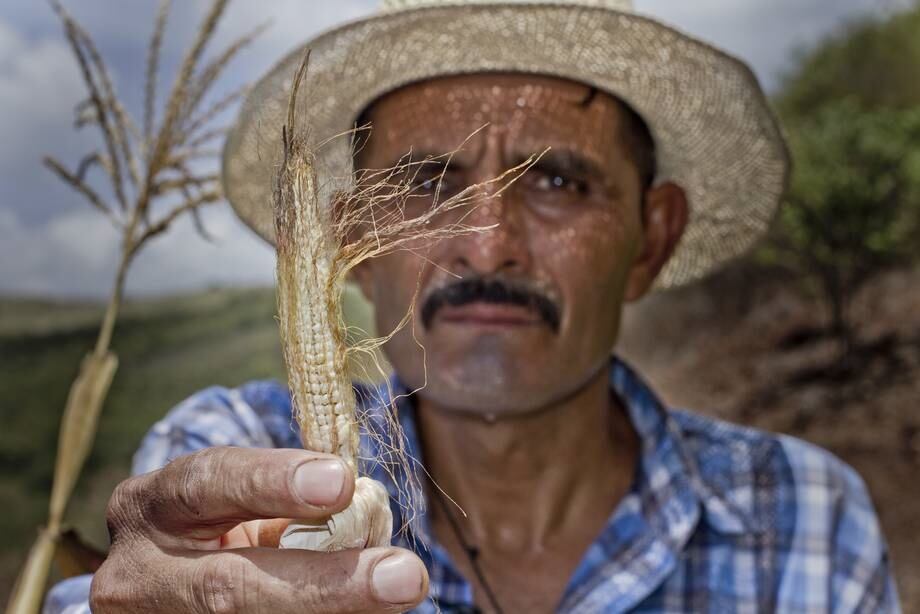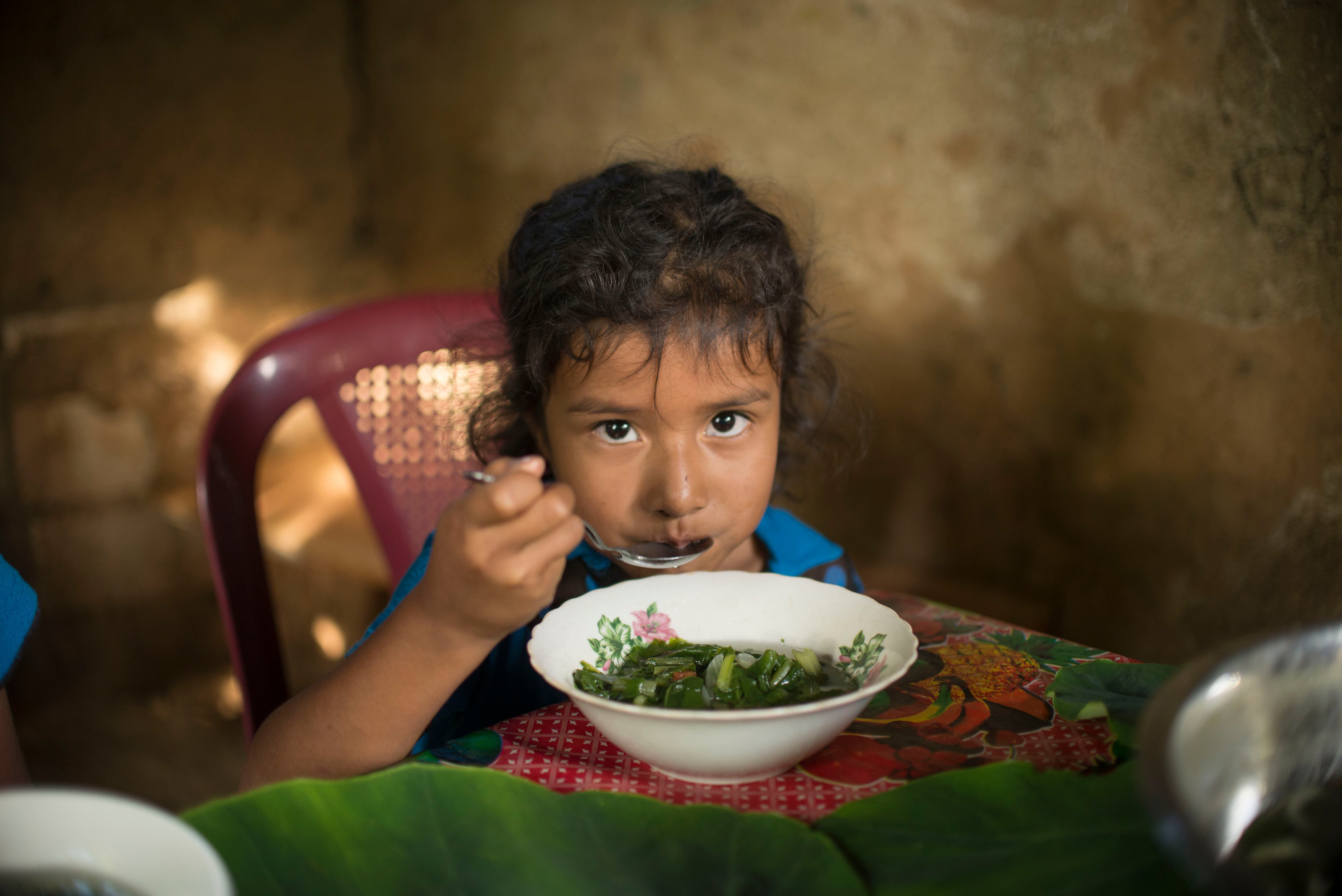In an agreement signed yesterday, Tuesday 8 January, the two institutions pledged to collaborate in fostering more knowledge-exchange in applied research, training and technology to promote sustainable food production. In addition to tackling climate change and food security concerns, efforts would also be focused on promoting public health policies to fight obesity and encouraging healthy food consumption.
Work will be conducted across Chile and other Latin America and Caribbean markets through south-south cooperation.
Academia has a 'fundamental role'
José Graziano da Silva, director-general of the FAO, said it was an extremely important partnership, noting the academic world had a “fundamental role” to play in achieving goals to fight hunger, malnutrition, promote sustainable agriculture and eradicate rural poverty.
The University of Chile had already made a “significant contribution” in addressing zero hunger – one of the FAO's top priorities, he said, through its support of new food labelling laws in Chile, for example.
Chile introduced a front-of-pack warning label system in 2016; since then it has been widely referenced among discussions in Brazil and Mexico.
In earlier years – across six decades of collaborative work with the FAO – Da Silva said the University of Chile had also assisted in providing technical assistance for the food processing industry through the Faculty of Agronomy; created the Forest Engineering School; and supported implementation of agricultural training programs and analysis of smallholdings across LATAM.
He added this new agreement would enable further collaboration on a number of issues under the framework of the FAO's 2030 Agenda and Sustainable Development Goals, adopted in September 2015.
“Thanks to this alliance, we can count on the support of outstanding researchers, mobilize knowledge and strengthen capacities,” he said.
Ennio Vivaldi, rector of the University of Chile, said signing the agreement was a “great source of satisfaction” and acknowledged the importance of sustainable food production across the globe but especially in Latin America.
Malnutrition, rural poverty and climate change
FAO Latin America recently outlined malnutrition, rural poverty and climate change as the most important issues for 2019 and Dr Ricardo Rapallo, senior food security and nutrition officer for FAO Latin America and the Caribbean, told FoodNavigator-LATAM the food and beverage industry had a key role to play in addressing these concerns.
“In the following years, the world population will require not only more quantity of food, but also more quality and variety of food, while we develop forms to use natural resources more efficiently. Industry will be determinant in defining the way we will produce, distribute and consume food through innovations and partnerships with other sectors,” Rapallo said.



